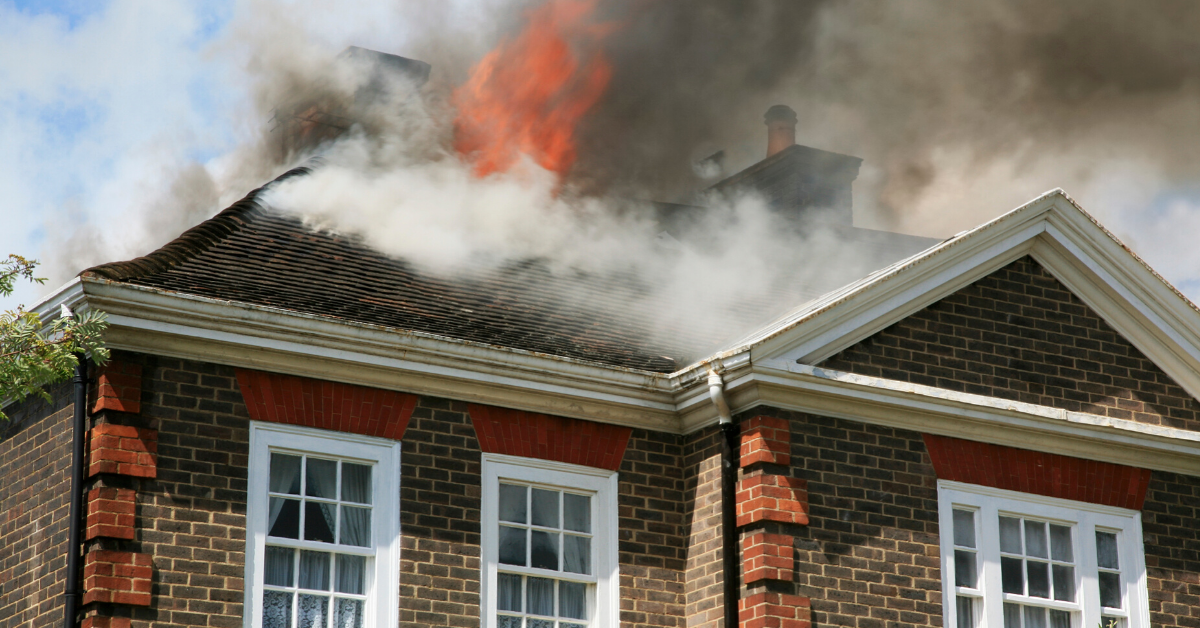One of the worst things that can happen to a homeowner is being forced to leave their home. Whether it be due to a natural disaster, an accident, a fire or any other potential issues, there is always a chance that you may be forced to vacate your dwelling unexpectedly.
Of course, if you have to leave your home, you’ll need to make other arrangements. Having to find a new place to live, especially on short notice, can amount to some costly and unexpected expenses. This is when having loss-of-use coverage will pay off.
Understand Your Policy
Loss-of-use coverage, also sometimes referred to as additional living expenses (ALE), is generally a part of all standard homeowners insurance policies. This coverage exists to help homeowners pay for the unexpected bills that can stem from having to vacate their home. If you rent out your property, this coverage can also help you recover lost rent income. Loss-of-use coverage is not only available to people who own their home. If you live in a rental property, but are forced to vacate the premises, your renters’ insurance policy may also provide coverage to help with the expenses.
What to Expect
When you’re forced to leave your home, some of the arrangements that you’ll have to make might seem obvious, such as having to find temporary lodging. But there are a lot more factors to consider. Fortunately, loss-of-use coverage can reimburse you for a wide variety of these expenses, including, but not limited to:
- A temporary residence
- Moving costs
- Increased grocery or restaurant costs
- Storage for household items or property
- Utility bills in a temporary residence
- Parking fees
- Transportation fees, such as increased fuel costs
- Laundry expenses
- Pet boarding
Know the Details
Many insurance policies that include loss-of-use coverage will have a coverage limit ranging between 20% and 30% of the value of your home. For example, a home that is insured for $500,000 would allow for reimbursement of between $100,000 and $150,000 worth of expenses related to having to vacate the premises. In the event that your loss-of-use bills exceed that limit, it is possible that you would have to pay the remainder out of pocket.
Your policy may include unlimited loss-of-use coverage, or you may be required to pay a deductible in order to access the protection in the first place, so be sure to check your policy and verify details.
Filing a Claim
If you are going to be filing a loss-of-use claim, it is important that your related expenses are well-documented. Keep all receipts as proof of your claim.
In order for your insurance company to be able to make a fair comparison, you’ll typically be required to provide numbers related to your normal living expenses at your permanent home, such as how much you generally spend on food, gas, utilities and other expenses. Because of this step in the process, it is wise to track your normal living expenses with receipts and proper documentation, even if something hasn’t yet happened to force you out of your home. Calculating and verifying your regular expenses can be more difficult after the fact.
Contact Us
While loss-of-use is likely a protection that you already have, there are different levels of coverage and different ways that you may need to file a claim. It’s important that you are aware of how your policy may apply to your specific situation. Contact BHC Insurance today to learn more about loss-of-use coverage.
© 2020 Zywave, Inc. All rights reserved. This Know Your Insurance document is not intended to be exhaustive nor should any discussion or opinions be construed as legal advice. Readers should contact legal counsel or an insurance professional for appropriate advice.








